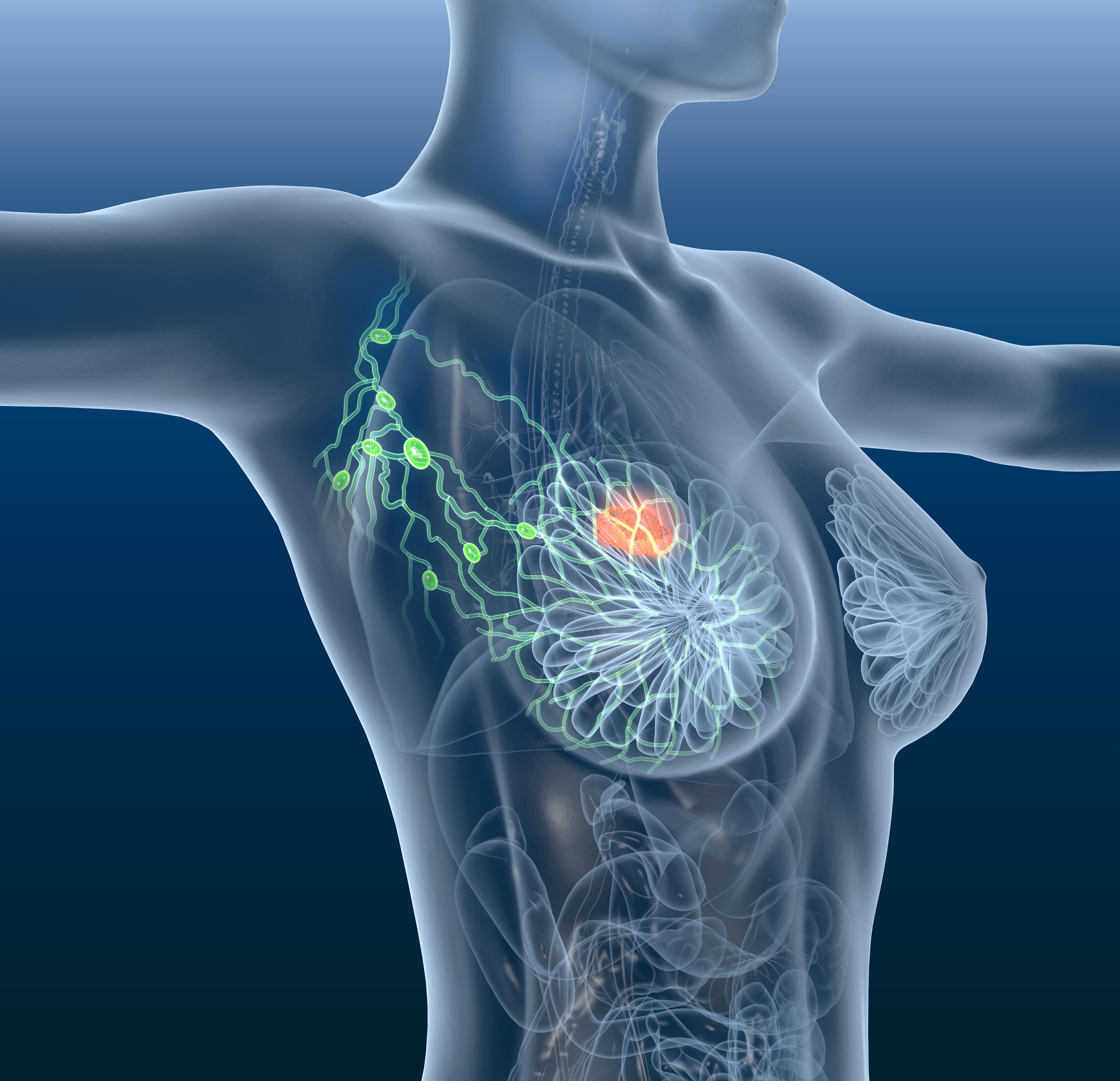Cytotoxic Chemotherapy May Reduce Gut Microbe Diversity, Contributing to Weight Gain in Patients With Breast Cancer
Chemotherapy may increase inflammatory biomarkers that can impact the diversity of the gut microbiome, leading to serious anthropomorphic changes among women treated for early-stage breast cancer.
Chemotherapy is associated with statistically and clinically significant increases in weight gain and body-fat percentage among women treated for early-stage breast cancer, according to the results of a study published in BMJ. Cytotoxic chemotherapy may reduce the diversity and quantity of gut microbes, which could be associated with systemic inflammatory response and weight gain, according to the study.
Image credit: Axel Kock - stock.adobe.com

Investigators conducted the prospective and longitudinal study to investigate weight gain and body composition changes related to chemotherapy, and a possible relationship with gut microbiota and inflammatory biomarkers. The cohort included 40 patients with surgically resected early-stage breast cancer who received adjuvant chemotherapy, adjuvant endocrine therapy, or both, and surgery alone. The cohort, also stratified by age and menopausal status, was evaluated for weight gain, fat composition, and changes in gut microbial ecology at pre- and post-treatment.
According to the results, patients who received cytotoxic chemotherapy had an average ratio in weight increase of 0.15% total mass per month compared to patients on endocrine therapy, who experienced a reduction in mean total mass (0.19% per month).
“We demonstrate the use of adjuvant cytotoxic chemotherapy, but not adjuvant endocrine therapy, is associated with significant weight gain and increased adiposity in patients with early-stage breast cancer,” the study authors wrote in the paper.
In the chemotherapy arm, patients who were pre-menopausal and younger than 60 years of age were also more prone to weight gain than older menopausal patients, which could be caused by estrogen. Some chemotherapies are developed from antibiotics that reduce microbiome abundance/diversity and lead to increased estrogen excretion, according to the study. The estrogen cannot be reabsorbed and used easily, leading to weight gain, particularly in younger individuals who have more to lose.
Investigators also used dual-energy X-ray absorptiometry (DXA) scans to analyze the patient’s body composition, which accounts for body-fat percentage (android fat deposition) pre- and post-treatment, observing a significant increase in the android fat deposition that was not observed in patients treated with endocrine therapy.
“Android fat deposition is a sensitive predictor of subsequent metabolic disease, and more recently, an inverse association between intestinal microbial diversity and android fat distribution was reported,” the study authors wrote.
Stool and blood samples showed that chemotherapy altered the relative richness of 47 bacterial species (31 species were reduced). This was more than twice the number of species altered by endocrine therapy (n=16) and more than 6 times the number of species reduced (n=5).
There are more that 500 known characterized species of bacteria in the gut microbiome, and an unhealthy microbiome (in a state of dysbiosis) is associated with inflammation and reduced diversity. The results of this study are consistent with literature that suggests that weight gain, obesity, and other diseases are caused by a reduction in bacterial diversity, according to the study.
“The gut microbiome may be a future target for intervention in preventing chemotherapy-dependent anthropometric changes,” the study authors wrote.
Reference
Walker J, Joy A, Vos L, et al. Chemotherapy-induced weight gain in early-stage breast cancer: a prospective matched cohort study reveals associations with inflammation and gut dysbiosis. BMC Med 21, 178 (2023). https://doi.org/10.1186/s12916-023-02751-8
